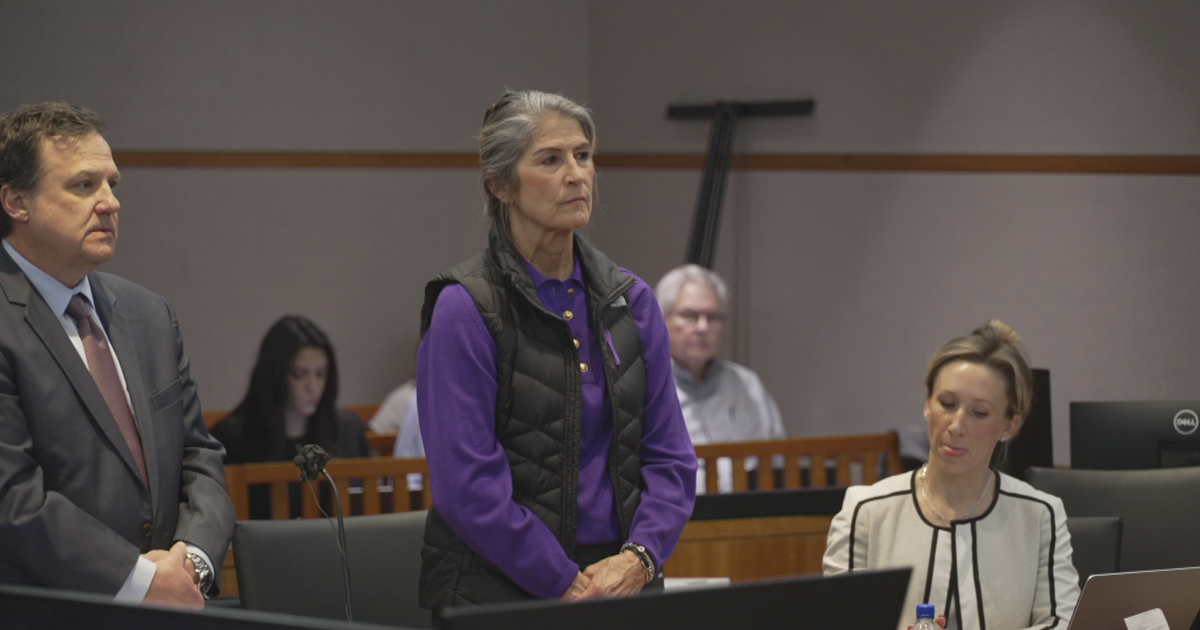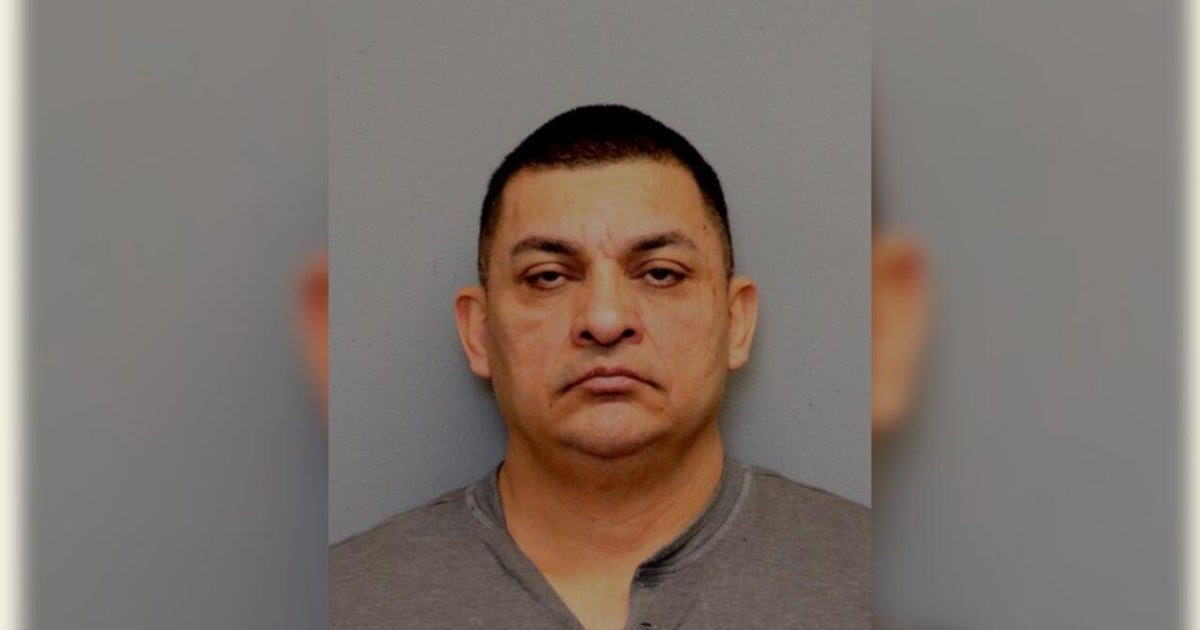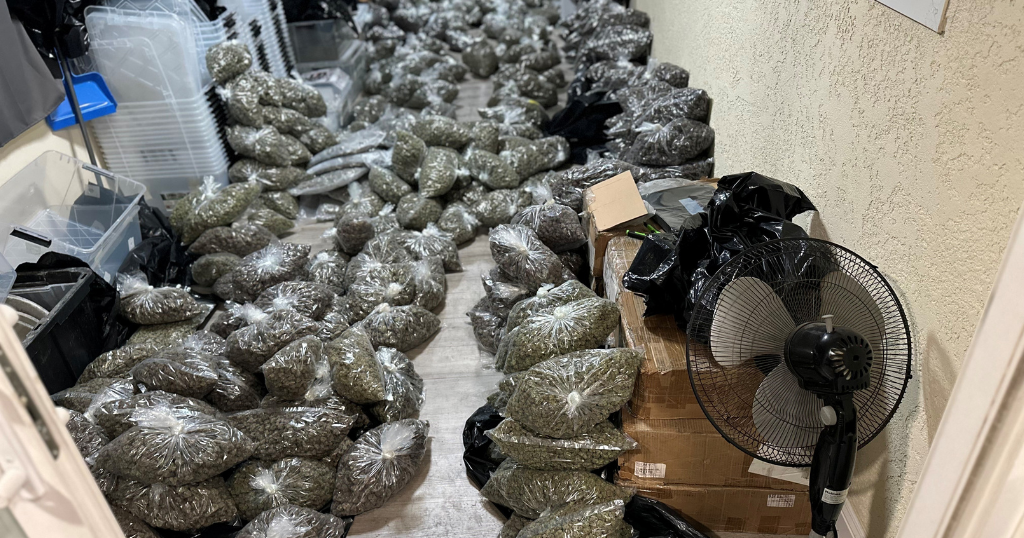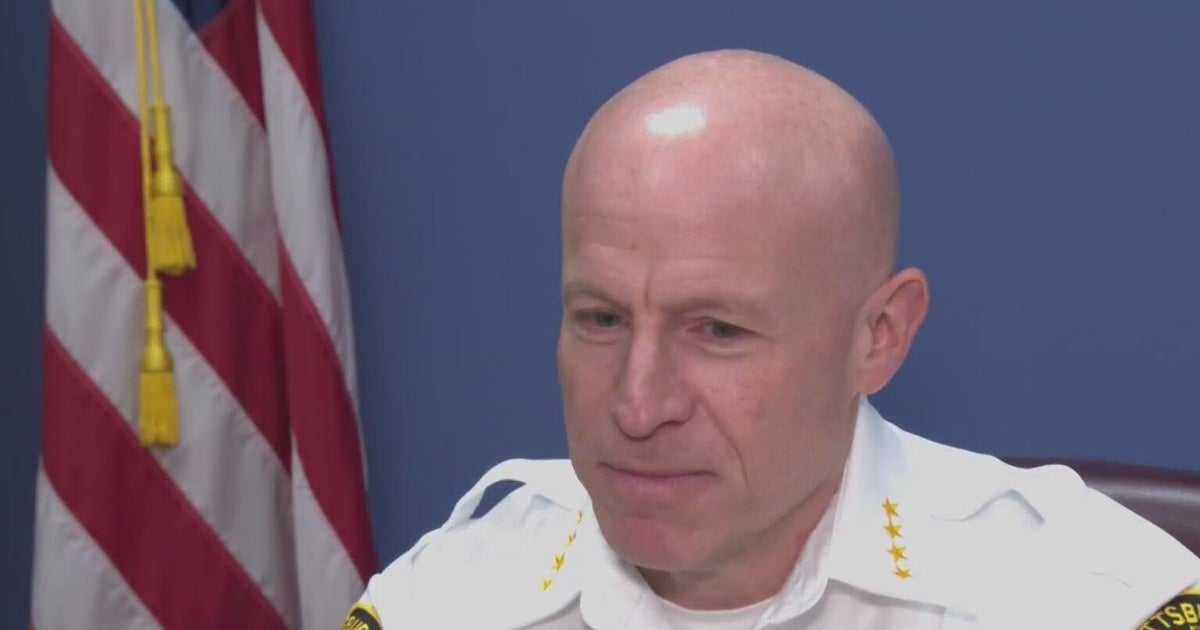Md. AG Files To Halt DNA Collection Decision
ANNAPOLIS, Md. (AP) -- Maryland's attorney general wants to keep a state law that allows police to collect DNA from people charged with a violent crime, burglary or attempts to commit those crimes.
Attorney General Doug Gansler filed a motion Tuesday to stay the Maryland Court of Appeals decision striking down the measure.
Gansler said he would file an appeal to the U.S. Supreme Court if the state court does not reconsider its decision.
"We're not optimistic that they're going to change their ruling," he said.
Mirroring a similar decision in Minnesota, the Maryland court ruled last week that probable cause to make an arrest does not justify taking a biological specimen without a search warrant.
The ability to test DNA of people charged with crimes has led to dozens of convictions in Maryland cold cases, Gansler said. It has also exonerated people who were wrongly convicted, he said.
"It is an incredibly powerful tool," Gansler said. "We live in the 21st century. We have this available to us. We can indeed
solve what might have seemed to be unsolvable crimes."
The Maryland court issued its 5-2 ruling in the case of Alonzo King Jr., who was arrested in 2009 on first- and second-degree assault charges. His DNA sample matched a sample taken from a sexual assault victim in an unsolved 2003 rape.
King was convicted of first-degree rape and sentenced to life in prison. The ruling sent King's case back to Wicomico County Circuit Court for a new trial.
Gov. Martin O'Malley, who pushed for the law in 2008, says it protects residents and helps solve crimes.
Both O'Malley and Gansler point to federal courts that have supported laws like Maryland's.
In February, a divided federal appeals court ruled that California law enforcement officials can keep collecting DNA
samples from people arrested for felonies. The 9th U.S. Circuit Court of Appeals said law enforcement's interest in solving cold cases, identifying suspects and even exonerating the wrongly accused outweigh any privacy concerns.
In July, the 3rd U.S. Circuit Court of Appeals agreed with federal prosecutors who appealed a judge's ruling that it was an
unconstitutional invasion of privacy to routinely collect DNA samples from defendants who had yet to be convicted.
"The overwhelming amount of cases around the country that have looked at this have upheld the process," Gansler said.
(Copyright 2012 by The Associated Press. All Rights Reserved.)







